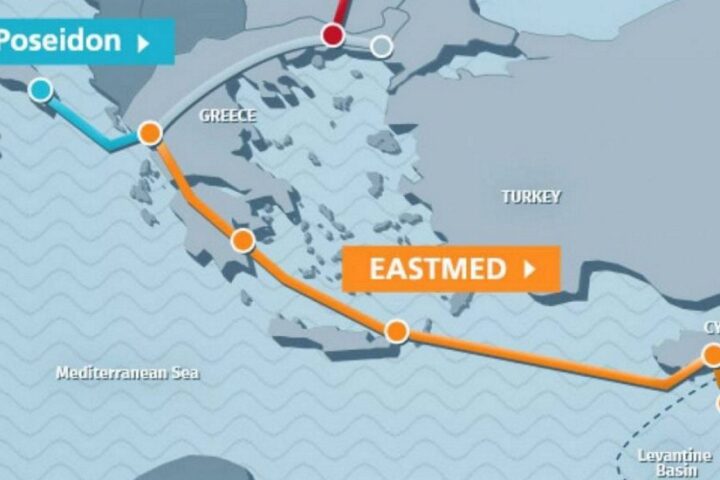Cyprus’ digital divide is not shrinking, as another international survey finds Cypriots trail behind their fellow Europeans in online skills.
According to a recent survey carried out by a European Commission-funded education information network, one in two adults on the island have limited digital skills.
According to the findings of Eurydice, a network of 40 national units based in 37 countries of the Erasmus+ programme, Cyprus ranks fourth from the bottom when it comes to digital literacy.
The Mediterranean Island ranks third for the highest number of people dropping out of education before reaching high school.
The survey entitled “Adult education and training in Europe: Building inclusive skills and qualifications pathways” includes the 27 EU states, plus Albania, Bosnia Herzegovina, Iceland, Northern Macedonia, Liechtenstein, Montenegro, Serbia, Norway, Switzerland, and Turkey.
Some 45% of Cypriot adults have limited digital skills, while 1% has none, and 10% of people asked had not used the internet in the previous three months.
Northern Macedonia has the most adults with limited digital skills at 56%.
Bosnia-Herzegovina follows them with 52%, Romania 47%, Cyprus and Latvia 45%, Bulgaria 44% and Turkey 41%.
Italy has the highest number of adults without any digital skills at 3% and Spain 2%.
It is followed by 15 countries, including Cyprus, with a percentage of 1%.
The majority of countries reported that they had no citizens without digital skills.
Iceland has the fewest adults with limited digital skills at 11%.
Norway follows it with 13%, Finland with 15%, the Netherlands with 16%, Switzerland with 19%, the United Kingdom with 20% and Sweden, Germany, and Austria with 22%.
According to the report, around 40% of adults in the EU are at risk of digital exclusion.
These are adults who either have low digital skills or no skills at all.
On average, in the EU, 30% of adults (aged 25-64) had limited digital skills.
It was not possible to assess the skills of 10% of EU adults, as they had not used the internet for three months before the survey.
This group is likely to include people with limited digital skills.
According to the survey’s findings, despite expectations, the COVID pandemic has not helped push the digitalisation agenda.
After ten years of steady growth, the number of adults participating in education and skill acquisition programs decreased in 2020.
There has been a slow but steady increase in adult participation in education and training, with the EU average rising from 7.9% in 2009 to 10.8% in 2019.
However, in 2020, the year marked by the COVID-19 pandemic, adult participation in education and training has declined in almost all European countries.
The EU average has taken several steps backwards, approaching 2009 levels at 9.2%.
Meanwhile, Cyprus has one of the highest dropout rates before middle school.
Portugal faces the biggest problem with a 27.5% dropout rate.
Greece follows with 13.4%, while Cyprus along with Spain is third with 9% each. The EU average is 5.3%.
Nevertheless, Cyprus is better off when it comes to the dropout rate before Lyceum level, standing at 17.7%, lower than the EU average of 21, 6%.










